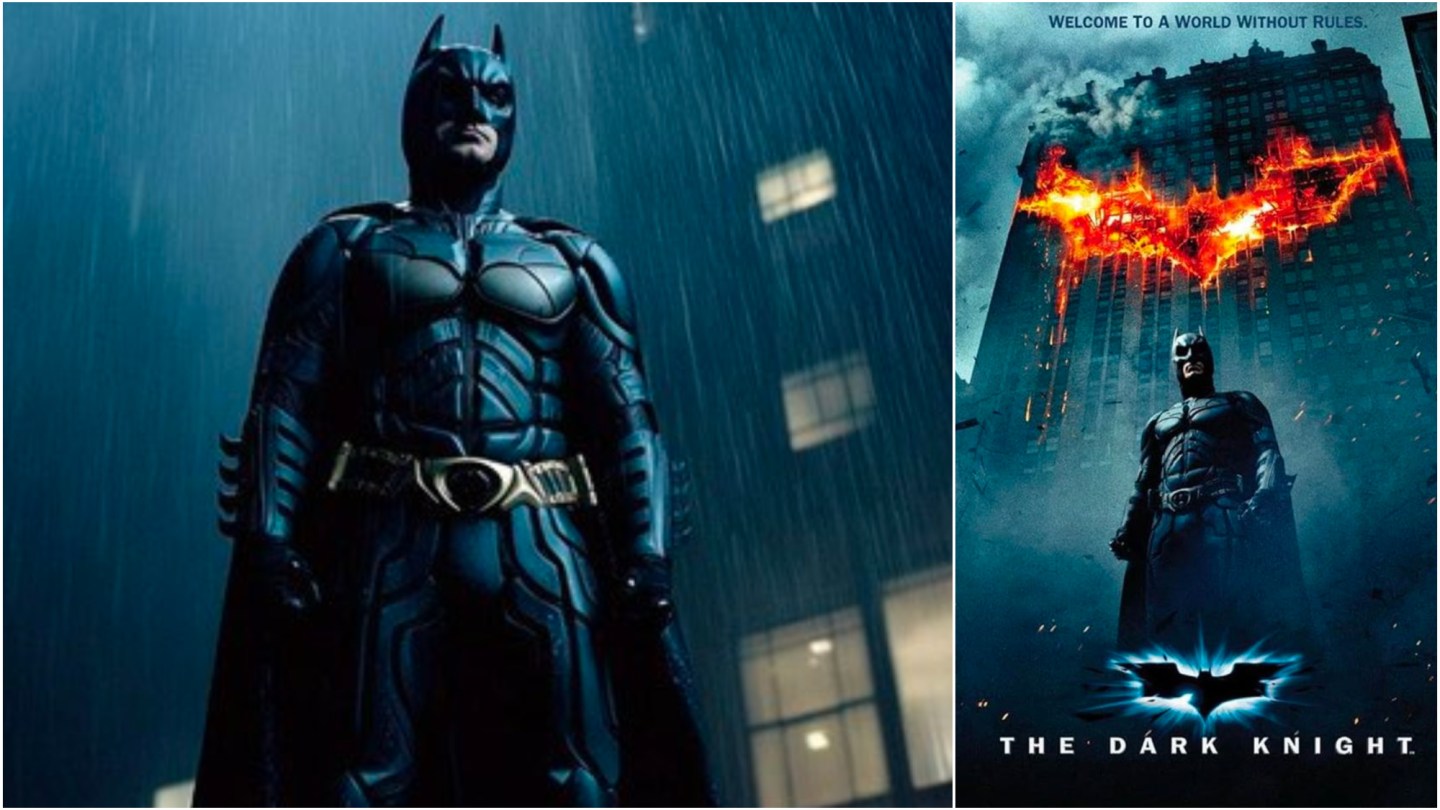Warner Bros. Discovery is suing a prominent artificial intelligence image generator for copyright infringement, escalating a high-stakes battle involving the use of movies and TV shows owned by major studios to teach AI systems.
The lawsuit accuses Midjourney, which has millions of registered users, of building its business around the mass theft of content. The company “brazenly dispenses Warner Bros. Discovery’s intellectual property” by letting subscribers produce images and videos of iconic copyrighted characters, alleges the complaint, filed on Thursday in California federal court.
“The heart of what we do is develop stories and characters to entertain our audiences, bringing to life the vision and passion of our creative partners,” said a Warner Bros. Discovery spokesperson in a statement. “Midjourney is blatantly and purposefully infringing copyrighted works, and we filed this suit to protect our content, our partners, and our investments.”
With the lawsuit, Warner Bros. Discovery joins Disney and Universal, which earlier this year teamed up to sue Midjourney. By their thinking, the AI company is a free-rider plagiarizing their movies and TV shows.
An example cited in Warner Bros. Discovery’s lawsuit: At left is a Midjourney output of Bugs Bunny, at right are actual Warner Bros.’ images of Bugs Bunny.
In a statement, Disney said it’s “committed to protecting our creators and innovators” and that it’s “pleased to be joined by Warner Bros. Discovery in the fight against Midjourney’s blatant copyright infringement.”
Added NBCUniversal, “Creative artists are the backbone of our industry, and we are committed to protecting their work and our intellectual property.”
For years, AI companies have been training their technology on data scraped across the internet without compensating creators. It’s led to lawsuits from authors, record labels, news organizations, artists and studios, which contend that some AI tools erode demand for their content.
In the lawsuit, Warner Bros. Discovery points to Midjourney generating images of iconic copyrighted characters. At the forefront are heroes who’re at the center of DC Studios’ movies and TV shows, like Superman, Wonder Woman and The Joker; others are Looney Tunes, Tom and Jerry and Scooby-Doo characters who’ve become ubiquitous household names; more are Cartoon Network characters, including those from Rick and Morty, who’ve emerged as something of cultural touchstones in recent years.
Midjourney, which has four tiers of paid subscriptions ranging from $10 to $120 per month, returns characters owned by Warners even in response to prompts like “classic comic book superhero battle” that don’t explicitly mention any particular intellectual property, the complaint alleges.
As evidence that Midjourney trained its AI system on its intellectual property, Warner Bros. Discovery attaches dozens of images showing the tool’s outputs compared to stills from its movies and TV shows. When prompted with “Batman, screencap from The Dark Knight,” the service returns an image of Christian Bale’s portrayal of the character featuring the costume’s Kevlar plate design that differentiated it from previous iterations of the hero that appears to be taken from the movie or promotional materials, with few to no alternations made. One of the more convincing examples highlights a 3D-animated Bugs Bunny mirroring his adaptation in Space Jam: A New Legacy.
The lawsuit argues Midjourney’s ability to return copyrighted characters is a “clear draw for subscribers,” diverting consumers away from purchasing Warner Bros. Discovery-approved posters, wall art and prints, among other products that must now compete against the service.
Like OpenAI, the content used to train Midjourney’s technology is a black box, representing an obstacle for some creators who’ve sued AI companies for copyright infringement. Rightsholders have mined public statements from AI company C-suites for clues. In 2022, Midjourney founder David Holz said in an interview that his employees “grab everything they can, they dump it in a huge file, and they kind of set it on fire to train some huge thing.” The specifics of the training process will be subject to discovery.
Warner Bros. Discovery seeks Midjourney’s profits attributable to the alleged infringement or, alternatively, $150,000 per infringed work, which could leave the AI company on the hook for massive damages.
The thrust of the studios’ lawsuits will likely be decided by one question: Are AI companies covered by fair use, the legal doctrine in intellectual property law that allows creators to build upon copyrighted works without a license? On that issue, a court found earlier this year that Amazon-backed Anthropic is on solid legal ground, at least with respect to training.
The technology is “among the most transformative many of us will see in our lifetimes,” wrote U.S. District Judge William Alsup.
Still, the court set the case for trial over allegations that the company illegal downloaded millions of books to create a library that was used for training. Anthropic, which later settled the lawsuit, faced potential damages of hundreds of millions of dollars stemming from the decision that may have laid the groundwork for Warner Bros. Discovery, Disney and Universal to get similar payouts depending on what they unearth in discovery over how Midjourney obtained copies of thousands of films and TV shosws that were repurposed to teach its image generator.
Still on the sidelines in the fight over generative AI: Paramount Skydance, Amazon MGM Studios, Apple Studios, Sony Pictures and Lionsgate. Some have major AI ambitions.
